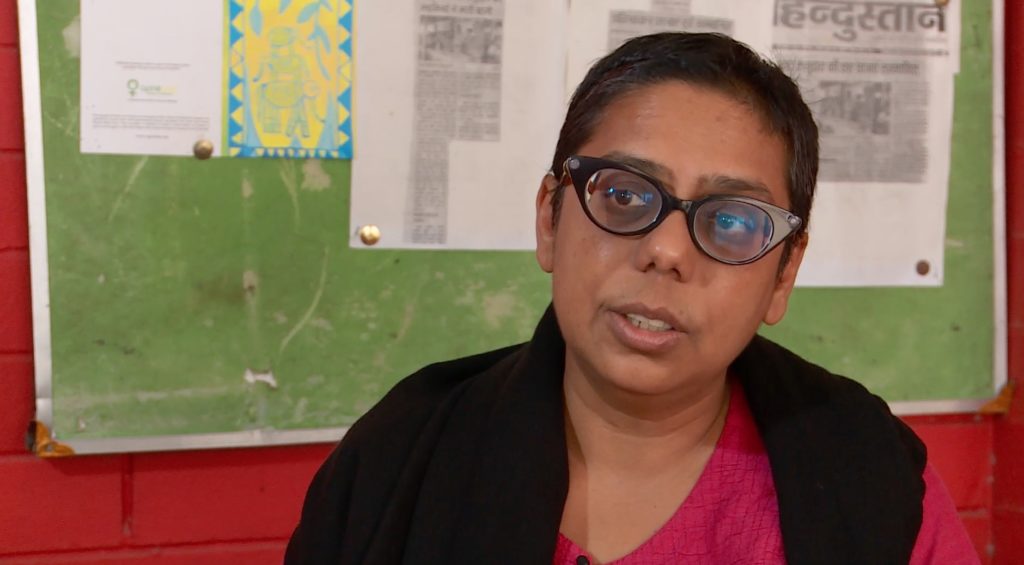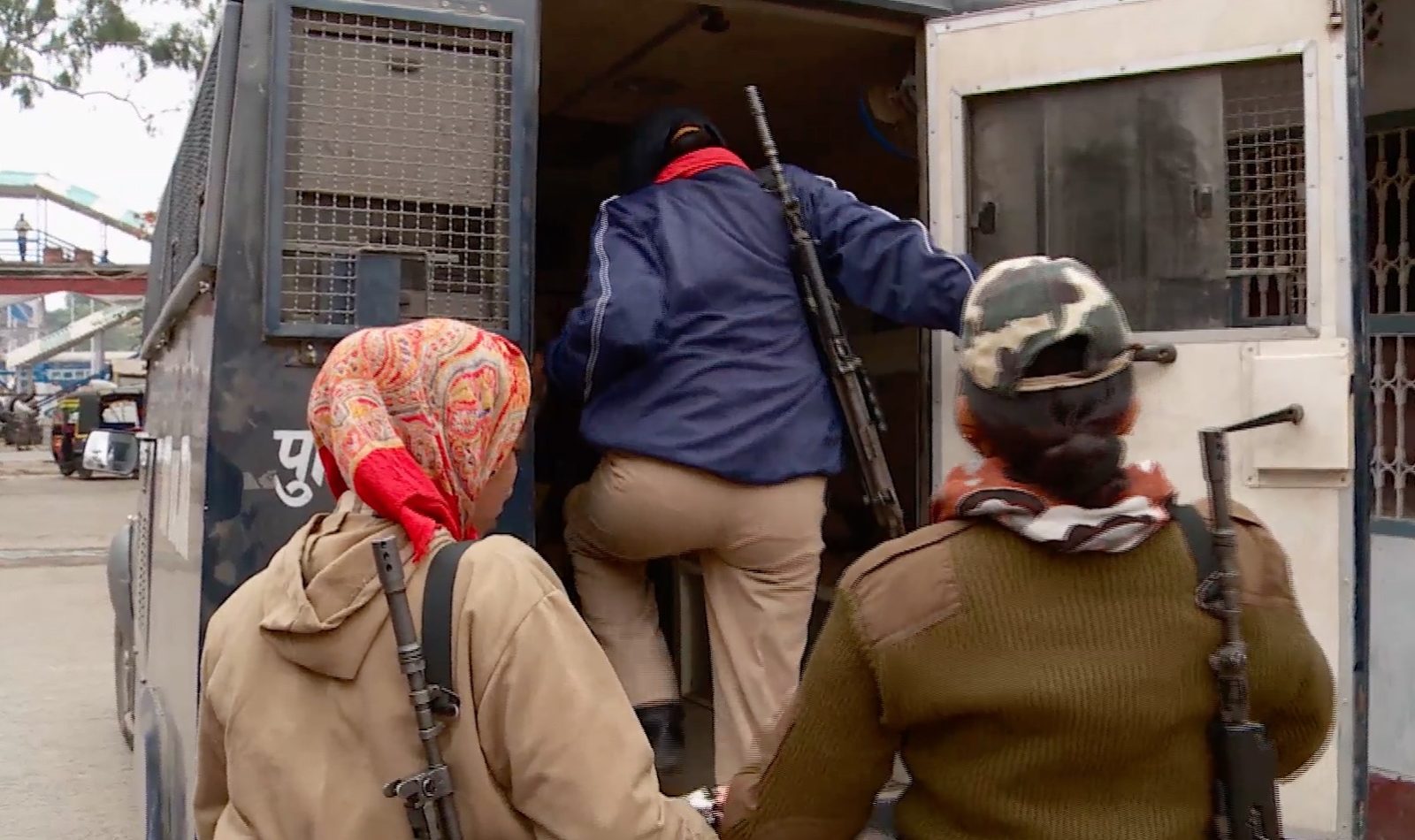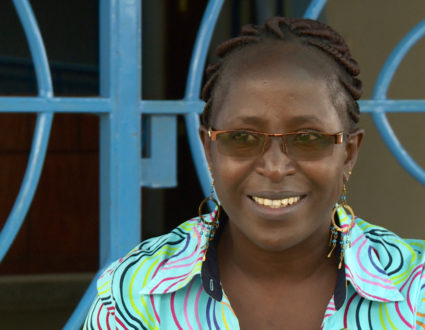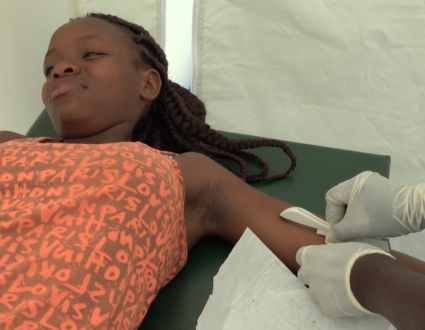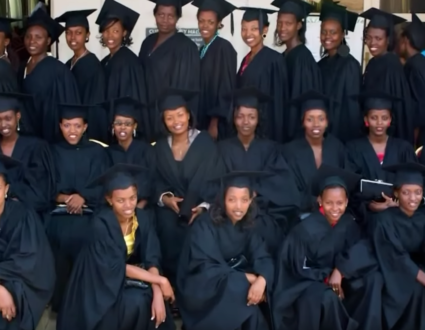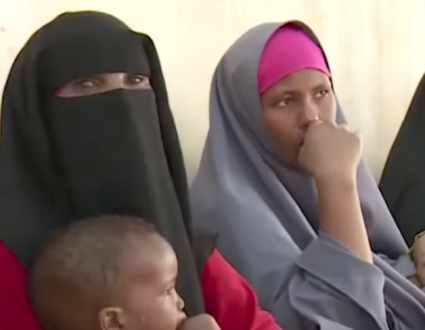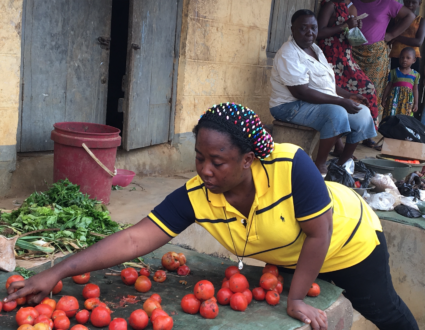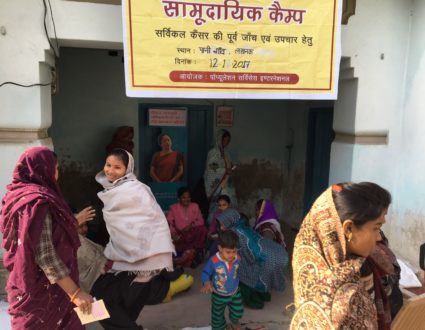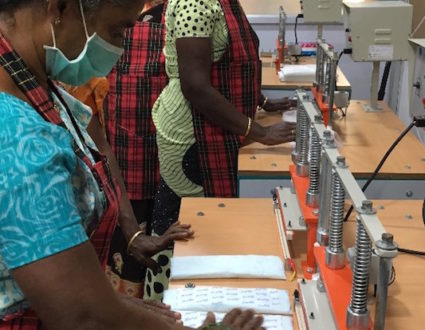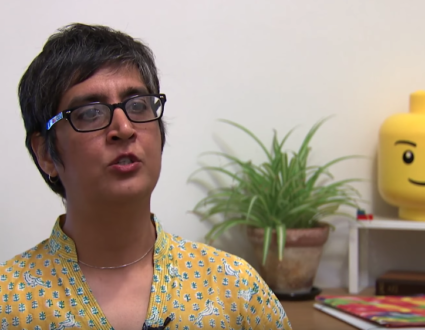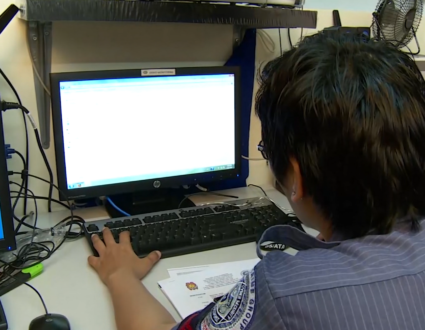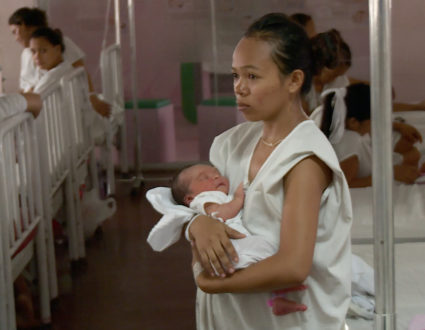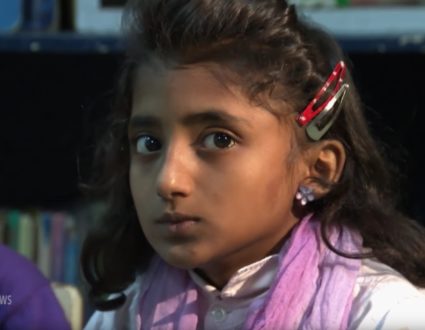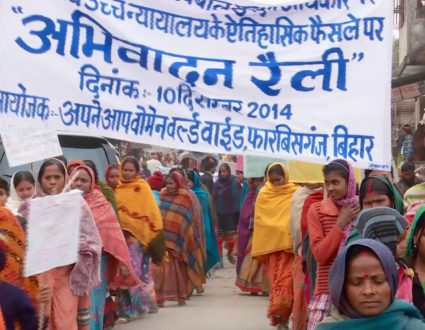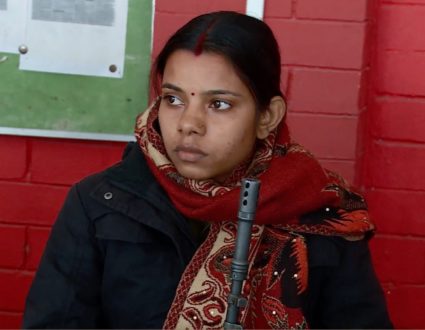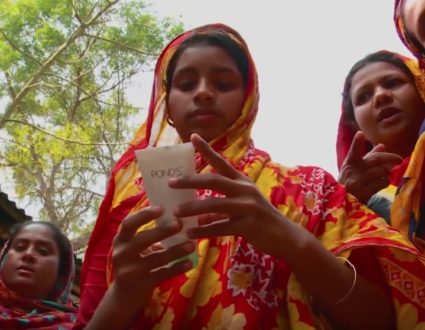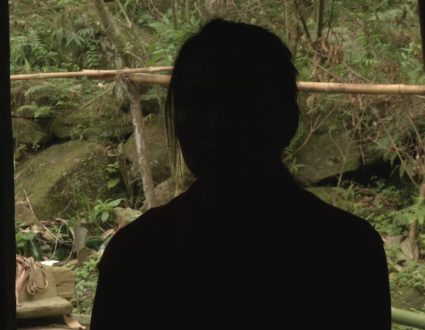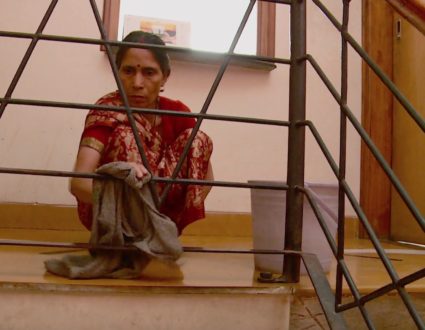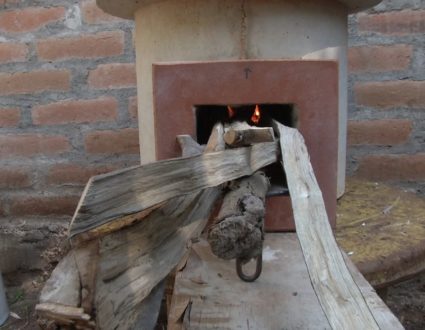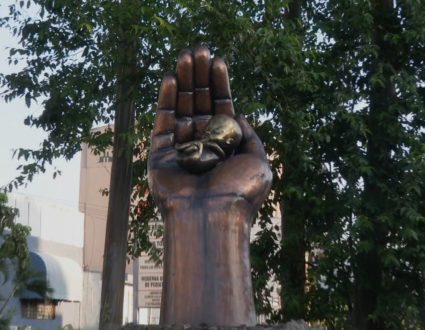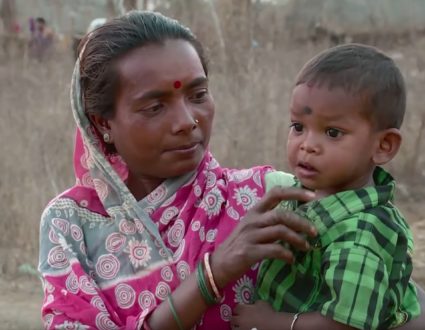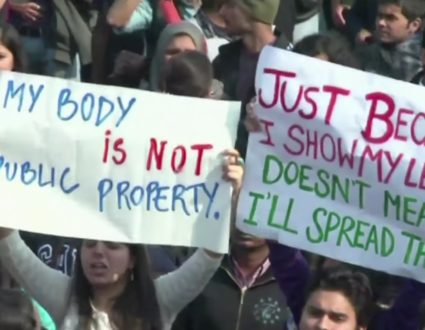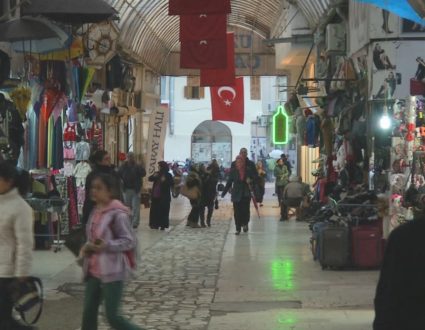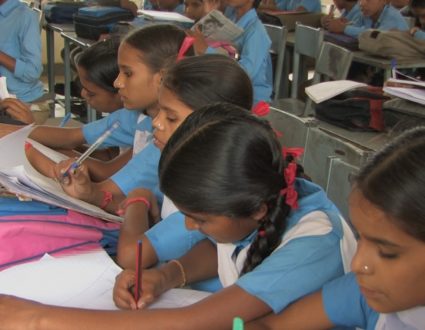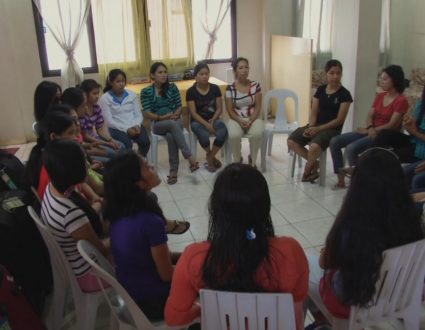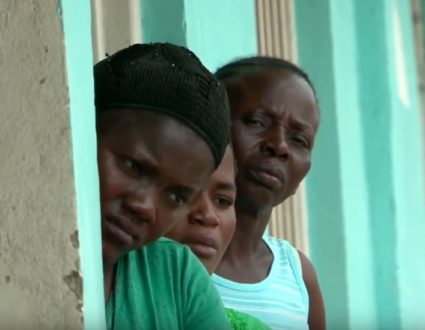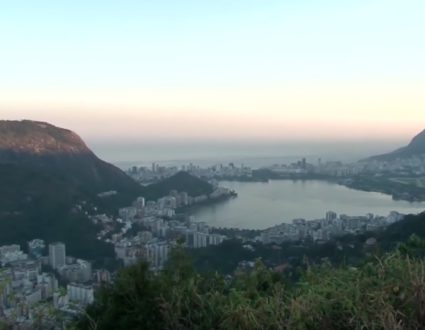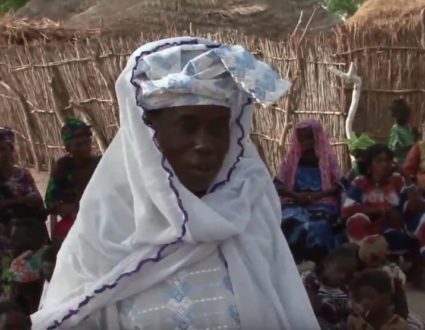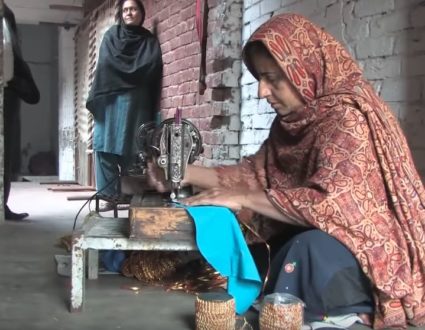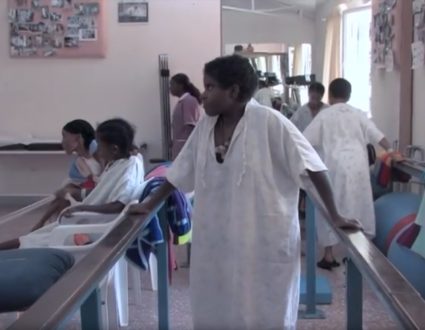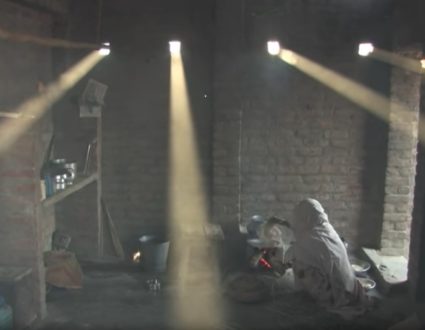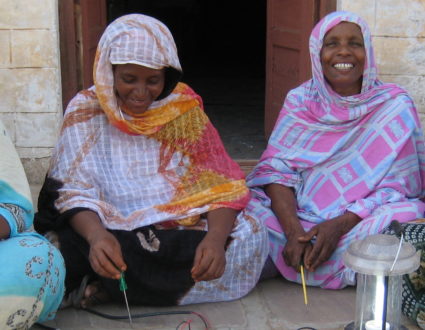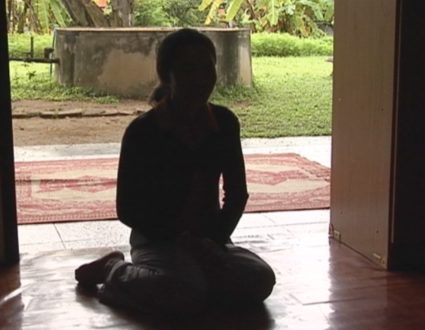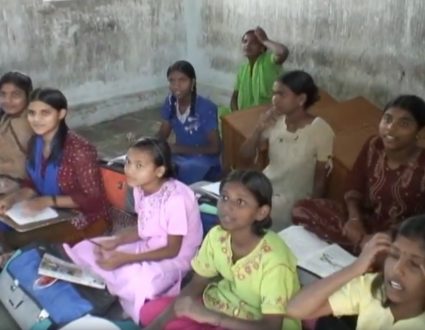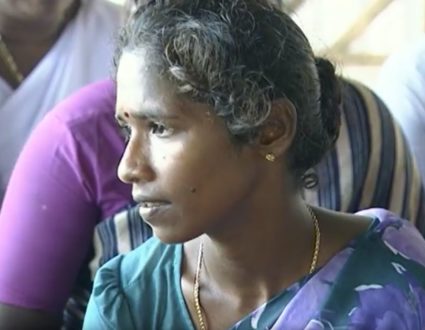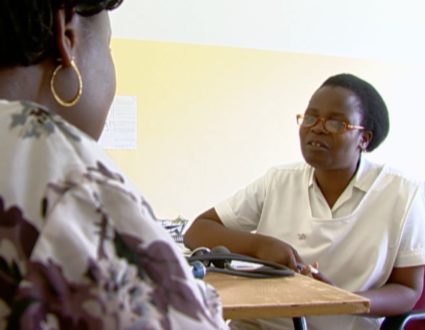GWEN IFILL: Now to India, and a crusade to end child sex trafficking.
Special correspondent Fred de Sam Lazaro traveled there recently to take a closer look at the issue and the often unsuccessful efforts to combat the practice.
Tonight, we have the first of his two reports. They are part of our Agents for Change series.
FRED DE SAM LAZARO: There was an unusual demonstration recently in this small town near India’s border of India, Nepal, unusual because these women, most with backgrounds in prostitution, are rarely seen in public. They protested social evils, from gender bias to the caste system, India’s age-old social ladder in which they’re at the very bottom.
RUCHIRA GUPTA, Apne Aap Women Worldwide: In Bombay, in Delhi, in Calcutta, whichever red light area you go to, the girls and women are all low caste. Prostitution is passed on from mother to daughter and pimping from father to son.
FRED DE SAM LAZARO: Ruchira Gupta is a former journalist who started a group called Apne Aap, or On Our Own, which organized the rally. The group has rescued many of these women, found them new work in crafts and micro-enterprises, and put their daughters in school.
Apne Aap was also part of a protest movement that followed the fatal gang rape of a Delhi college student two years ago, a campaign that got lawmakers to act against what many called a culture of rape and misogyny.
WOMAN: I am not going to allow this incident to become another statistic.
FRED DE SAM LAZARO: The law was changed to penalize traffickers, instead of the women they traffic, recognizing the women as victims.
RUCHIRA GUPTA: And it also said beautifully that the consent of a victim to her own exploitation will still put the blame on the perpetrator who used her consent to traffic her.
FRED DE SAM LAZARO: Marchers distributed flyers to inform people of the new laws and a victory by Apne Aap in a recent court case in the regional capital, Patna.
The court ordered that citizen committees be set up in every community in this region. These committees would gather data on every child up to 18 years old in these communities and essentially keep tabs on the welfare of these children, all this to ensure that no child is trafficked.
RUCHIRA GUPTA: When I started work here eight years ago, women could not look up. They used to cover their head and they were terrified of the traffickers beating them up. And now, with the Patna high court judgment, they feel they can change the whole system and eradicate trafficking from the roots.
FRED DE SAM LAZARO: Laws are only as good as their enforcement, however, as we would see just hours after the rally.
Ruchira Gupta and a couple of Apne Aap staffers have come to this police station inside that is just inside India along the Nepal border. They have learned that there are at least two young women who have been trafficked and they’re making final arrangements with the police to conduct a raid tonight to try and rescue them.
The team met up with the police at 6:00 p.m. They hadn’t told the police beforehand where they were going, for fear the traffickers would be tipped off. But once they shared that information, they were asked to wait, because the female officers who were to accompany them had been delayed.
When the women still hadn’t arrived two hours later, the raid proceeded anyway, hours after the planned start, three women from Apne Aap and six policemen.
RUCHIRA GUPTA: This will be the front room where the customers are brought in.
FRED DE SAM LAZARO: A few minutes later, they were in the local red light area and in a three-room hovel, where they suspected one young woman was being held. It was dank, dark and deserted.
Ruchira, what’s going on?
RUCHIRA GUPTA: I think the girls have been (INAUDIBLE) when we were kept waiting at the police station for two hours.
We suspect that they sent the information to the traffickers here, because, as you can see, there’s not a man in sight, which is very unusual in the red light area. But where are the pimps? Where are the customers? Where have they all gone? It’s very, very odd.
FRED DE SAM LAZARO: Same thing a few yards away next door, a deserted home, evidence that this too was a brothel whose occupants had left in a hurry.
RUCHIRA GUPTA: And it’s almost as if something has just run from here. Look here at the beer bottles. Here is a crumpled blanket still on the bed like just now.
FRED DE SAM LAZARO: Further in the courtyard, a door was padlocked on the outside of another home used as a brothel.
The police were armed with big rifle, but they had no means to break the lock open. The task fell finally to a man said to be related to the building owner. Gupta suspected the occupants fled over the wall in the back when they heard the group arriving in the front, and she mildly admonished the policemen.
RUCHIRA GUPTA (through interpreter): Going forward, when you do such raids, you should think about circling a home like this, so that people don’t have the opportunity to run away. And you folks are not gathering any evidence. Could you please tape some of this? Let me show you.
FRED DE SAM LAZARO: An officer duly followed Gupta, but didn’t record anything.
With the lock finally broken, they found a framed picture of one of the young women they were looking for. The man who let them in initially denied knowing her, but then relented and said he knew where she was being held.
The police ordered him to produce her in one hour at the police station.
So he’s gone off to bring the girl, ostensibly.
RUCHIRA GUPTA: Yes.
FRED DE SAM LAZARO: Do you think you will see her this evening?
RUCHIRA GUPTA: We’re at the mercy of the cops, because if the cops want, we will see her. If the cops don’t want, we won’t see her.
FRED DE SAM LAZARO: Back at the police station, I asked supervisor Ajit Kumar Singh the obvious question.
The suspicion immediately is that somebody, maybe from your own police force, has tipped them off.
He was more comfortable in Hindi, less comfortable with the question. He said he didn’t have enough information, but promised to investigate. The young woman never showed up at the station, but the female police officers finally did, too late to have any effective role in the attempted rescue. There were no police vehicles available to get here from their base at another station, they complained.
RUCHIRA GUPTA: I am once again reminded why slavery still exists, because the laws are on paper and they are never implemented. And this is like — is back to ground zero, where I realize that the police, come what may, do not want to implement the laws on behalf of women and girls.
FRED DE SAM LAZARO: She says part of the job of activists is to educate an ill-informed, often ill-trained police force on the laws and then hold them accountable. In its 12 years, Apne Aap says it has helped some 20,000 young women and young girls leave or not enter the sex trade.
This is Fred de Sam Lazaro in Forbesganj, India, for the “PBS NewsHour.”
GWEN IFILL: On tomorrow night’s report, Fred goes on another rescue raid with a very different outcome.
His reporting is a partnership with the Under-Told Stories Project at Saint Mary’s University of Minnesota.
Police Inaction
In India, outrage over a fatal gang rape of a college student two years ago has helped bring about some protections for women who are the victims of sex trafficking, but getting police to enforce the law is still a challenge. In the first report in a two-part series, special correspondent Fred de Sam Lazaro follows a human rights group that’s working to crack down on human trafficking and find victims.
Related Links:Apne Aap Women Worldwide
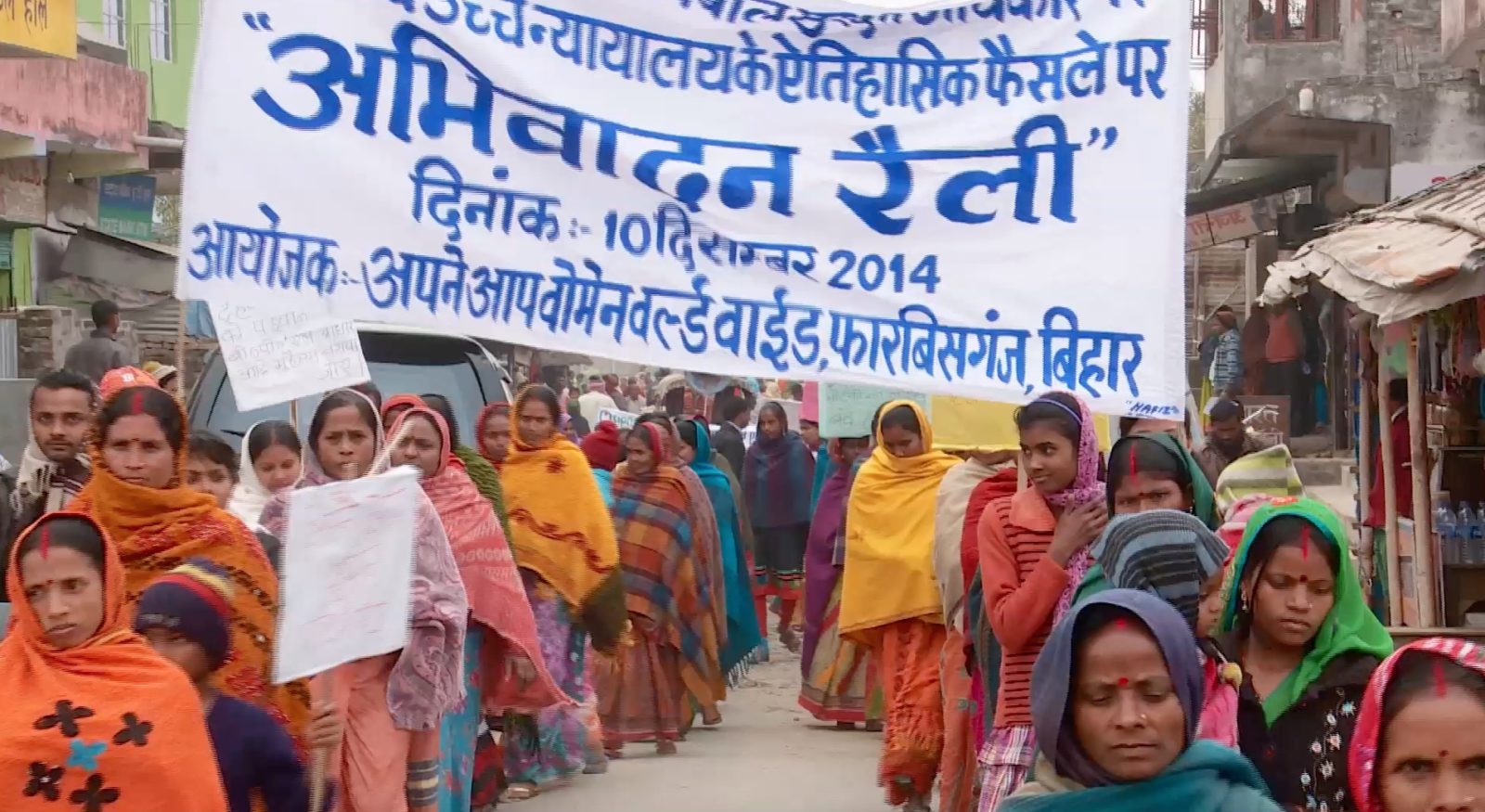
These women, most with backgrounds in prostitution, are rarely seen in public. They protested social evils, from gender bias to the caste system, India’s age-old social ladder in which they’re at the very bottom.
